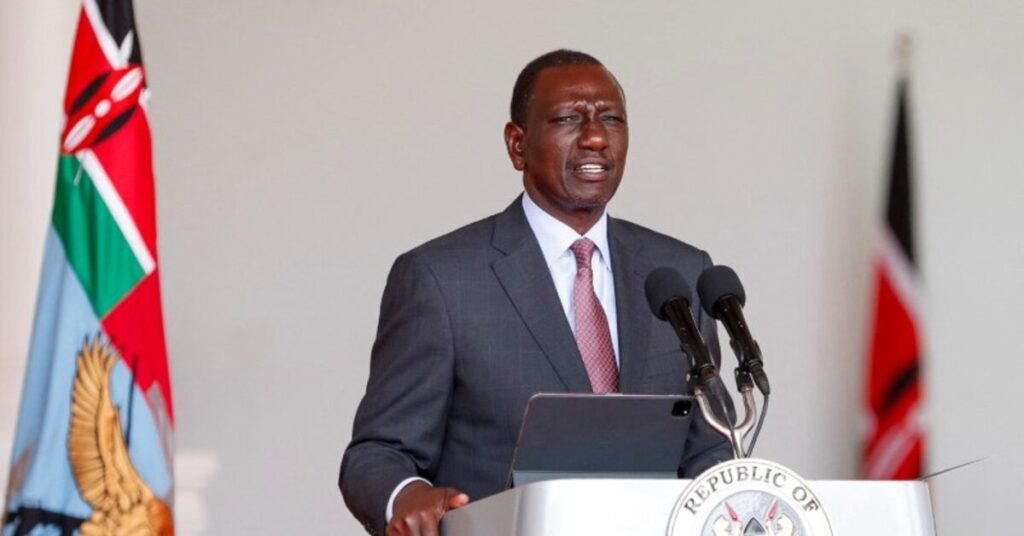Kenya’s long-distance truck drivers are demanding a direct meeting with President William Ruto to address what they describe as years of neglect, insecurity, and systemic harassment in the transport sector.
In a strongly-worded open letter, the Long-Distance Drivers and Conductors Association painted a grim picture of life on the road, citing poor working conditions, delayed or inadequate pay, and lack of formal contracts. The group wants the President to convene a Presidential Drivers’ Roundtable to bring together drivers’ representatives, relevant ministries, and state agencies.
“Mr President, the transport sector is the backbone of our economy. Without drivers and conductors, supply chains collapse, goods stall, and the economy grinds to a halt. Yet, despite our contributions, we remain invisible,” the letter read.
The association accused state agencies such as the NTSA, KeNHA, and KRA of inefficiencies and corruption, alleging that rogue officers routinely harass drivers with fake charges and arbitrary arrests. They further highlighted dangerous routes in North Eastern, Rift Valley, Nyanza, and parts of the Coast, where truck drivers face risks such as hijackings and armed attacks.
Beyond physical insecurity, the drivers raised alarm over mental health challenges linked to gruelling work hours, stress, and constant danger, noting that they lack access to support systems. They criticised the Ministry of Labour for overlooking their plight, leaving thousands to operate under what they termed “inhumane conditions.”
The truck drivers are also pushing for the government to declare a National Drivers’ Week to recognise and celebrate their contribution to the economy.
“Despite our central role, no government in Kenya’s history has ever fully recognised our efforts. We remain unseen and undervalued, even as we shoulder the risks that keep Kenya connected and competitive,” the letter added.
With supply chains heavily reliant on long-distance drivers, the association now hopes that President Ruto will heed their call and intervene to address the challenges crippling the sector.

